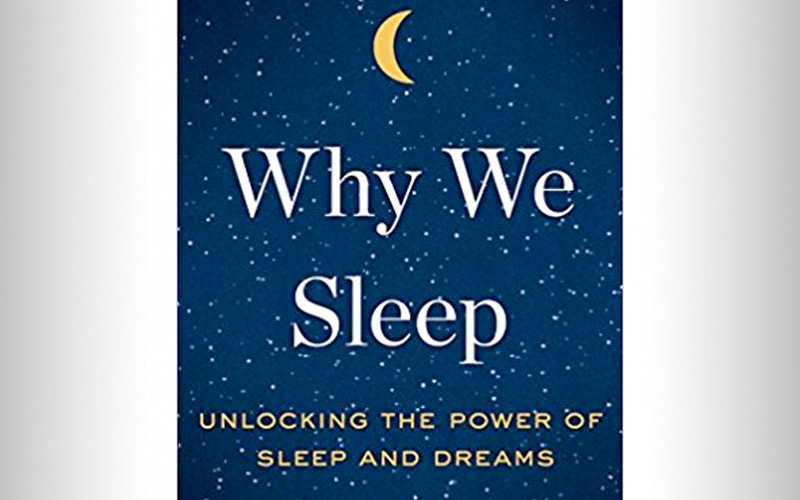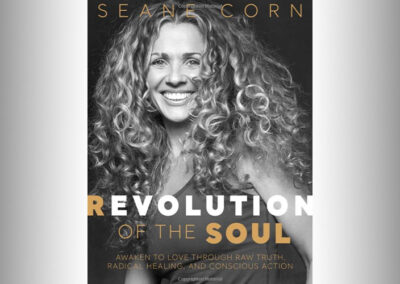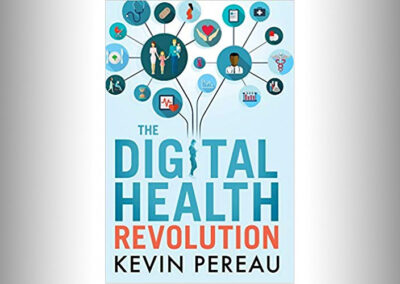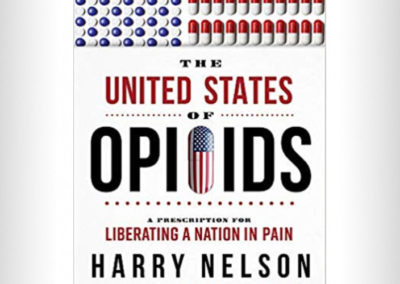
“Why We Sleep” by Matthew Walker, PhD
by Don Mallonee, MS
If you are a health care professional of any stripe or caliber this book is a must read. But you don’t need to be a health care professional to understand the urgent, powerful message of this book. Why? Because the “decimation of sleep throughout the industrialized world is having a catastrophic impact on our health, our life expectancy, our safety, our productivity and the education of our children.”
True, most of us don’t think of sleep as having that level of agency our lives. Dr. Walker does. His career as a sleep researcher started from the realization that sleep is the fourth biological imperative or drive: a biological drive so powerful we must obey it. We are driven to eat, to drink, to reproduce, and to sleep. Those are the big four. This is true for the entire animal kingdom. Realizing this Dr. Walker wanted to understand why and how evolution has evolved sleep to play the role it does. Because it’s not so obvious.
Relative to eating, drinking, and reproducing sleep is the most mysterious of drives. What is it about getting eight hours each night that confers massive spiritual, mental/emotional, and physiological benefits and why is it that anything less than eight hours a night is implicated in practically every health related dysfunction in the human spectrum of health?
Why, for example, does an individual slip steadily into psychosis from sleep deprivation? For scientists this is an all consuming question because, as a leading sleep researcher opined “If sleep does not serve an absolutely vital function, then it is the biggest mistake the evolutionary process has ever made.” As it turns out, research into the mystery of sleep over the last twenty years has lead to the realization among scientists that sleep is one of evolutions most brilliant adaptations.
Let’s be honest here: most of us are nowhere near treating sleep as being that important in our lives. In fact, all too often culture seems to reward the forgoing of sleep as the mark of productivity and a healthy drive for success. We pull “all nighters” to cram for exams or to prepare for presentations or to advance important projects in our lives and careers. Too often lack of sleep is worn as a badge of honor.
It turns out that it’s pretty stupid according to mounting scientific evidence. That may sound harsh but after reading this comprehensive, rigorously methodical book I have no choice but to be technically precise.
Not taking sleep seriously is a recipe for catastrophic health impairment. For example, how many of us know that a chronic lack of sleep is a key lifestyle factor in determining whether a person develops Alzheimer’s? I didn’t. Sleep deprivation leads a person to seek out higher calorie, low quality foods. The upshot? How many of us know that chronic lack of sleep is a major cause of Type 2 diabetes? How many of us know that lack of sleep is a key factor driving the obesity epidemic? I didn’t. You can’t read this book and not come away thinking that sleep is something you have to take quite seriously. In other words, sleep as if your life depends on it. Literally!
“Scientists have discovered a revolutionary new treatment that makes you live longer. It enhances your memory and makes you more creative. It makes you look more attractive. It keeps you slim and lowers food cravings. It protects you from cancer and dementia. It wards off colds and the flu. It lowers your risk of heart attacks and stroke, not to mention diabetes. You’ll even feel happier, less depressed, and less anxious….” And that is just the surface stuff. It turns out that plentiful sleep is vital for our immune functioning, proper metabolic states, flourishing gut microbiomes and even efficient gene functioning.
In fact, sleep is a primary factor in our amazingly successful evolutionary trek from from higher primates forgoing the forest canopy to colonizing hominids moving out into the savanna and beyond. As Dr. Walker notes scientists are now “forced to wonder whether there are any biological functions that do not benefit from a good night’s sleep.” The answer, backed up by thousands of scientific studies is that sleep is the mother of all healthy things.
One of the things that makes this book so powerful is Walker’s passion for and devotion to sleep research. Indeed, the science provided in this book is formidable and comprehensive. Walker leaves no stone unturned. Yet despite his passion he remains an objective and critical thinker. Walker makes no leaps of logic that do not have the data to get him there. He let’s you know where he thinks the research is leading but is careful to note when it’s only a theory or hunch.
The book is written such that any chapter stands alone and can be read out of sequence. That said, I find that chapters 1-3 are fundamental to setting the stage for the evolutionary necessity of, and the critical biological mechanisms of sleep. I encourage the reader to read these chapters first and then pick and chose as you like. The book is arranged in four main parts. Part 1 is dedicated to explaining the biological role of sleep. Part 2 explores all that is good and nurturing about healthy sleep and all that is bad and even life threatening about sleep deprivation. Part 3 explores the role of dreams in sleep. Part four is dedicated to the exploration of sleep disorders which I have a hunch many of you will be drawn to. Pro tip – sleeping pills are no substitute for real sleep. Walker goes to lengths explaining this as well as powerfully advocating non-drug therapies instead.
Walker drives home the point that our society is painfully, dreadfully, pathologically sleep deprived. He calls it an epidemic that is the greatest public health challenge we face in the twenty-first century in developed nations and offers a new vision for the role of sleep going forward. That said, as seriously as he treats the subject the best thing about Walker’s writing is that it is engaging and playful, even reverent. His love and devotion to the topic shines through in every sentence. He truly wants us to comprehend and internalize that plentiful sleep is the holy grail for a foundation of good health and high level functioning.
 In 1990, Don Mallonee finished his MS thesis titled Comparison and Contrasting of the Mechanistic and Holistic Paradigms of Science: Implications for Health Science And Health Education Research. The purpose of that work was to elevate the importance of epistemological concerns when designing instruments for the investigation into holistic aspects of health. For example, it’s hard to study, let alone design a virtuous instrument to research the spiritual dimensions of health from an epistemological paradigm that is reductionist. Upon receiving his MS, he set out for California where he began a career in the biotechnology industry. He started out doing research on metabolic signaling in E.coli genetically engineered to express human proteins. From there he moved on to process development operations; scaling technologies for large scale cell expression and then on to manufacturing operations development. Currently he is a business development professional in the biopharma industry who remains keenly interested in the philosophy of health science. This essay has not been reviewed by industry peers. His intention is to provide philosophical, theoretical observations that hopefully contribute to a broader discussion of what, in his view, can only be described as a bio-socio-spiritual public health crisis.
In 1990, Don Mallonee finished his MS thesis titled Comparison and Contrasting of the Mechanistic and Holistic Paradigms of Science: Implications for Health Science And Health Education Research. The purpose of that work was to elevate the importance of epistemological concerns when designing instruments for the investigation into holistic aspects of health. For example, it’s hard to study, let alone design a virtuous instrument to research the spiritual dimensions of health from an epistemological paradigm that is reductionist. Upon receiving his MS, he set out for California where he began a career in the biotechnology industry. He started out doing research on metabolic signaling in E.coli genetically engineered to express human proteins. From there he moved on to process development operations; scaling technologies for large scale cell expression and then on to manufacturing operations development. Currently he is a business development professional in the biopharma industry who remains keenly interested in the philosophy of health science. This essay has not been reviewed by industry peers. His intention is to provide philosophical, theoretical observations that hopefully contribute to a broader discussion of what, in his view, can only be described as a bio-socio-spiritual public health crisis.











